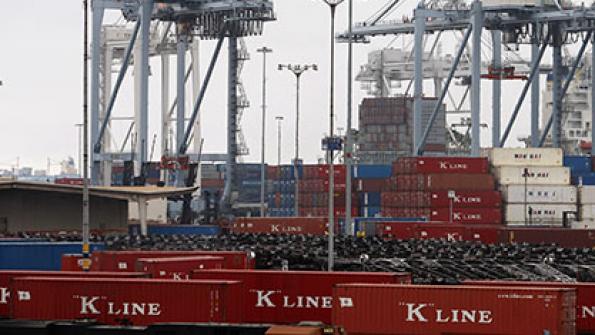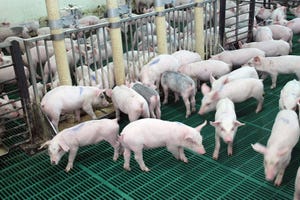January 28, 2015

The National Pork Producers Council (NPPC) and 92 other food, agricultural and allied industry groups urged the parties involved in a labor dispute that’s affecting food exports that ship out of West Coast ports to resolve their differences as soon as possible. The organizations also called on the federal government to consider all remedies to bring the dispute to a swift end.
Slowdowns by dock workers at the ports in Long Beach, Los Angeles and Oakland, Calif., and in Seattle and Tacoma, Wash., have stranded thousands of containers of pork and other farm products over the past several months. Since November, pork prices, for example, have tumbled by 20% in large part because of the port problem, and meat and other perishable products awaiting shipment soon may need to be destroyed or discounted and sold on the domestic market. One estimate has the U.S. meat and poultry industries losing more than $30 million a week.
The International Longshore and Warehouse Union (ILWU) and the Pacific Maritime Association (PMA) have been unable to hammer out a new contract since the last one expired in July. Although the ILWU initially agreed to continue sending workers to the ports during the contract negotiations, in November it reneged on that agreement.
Exports of agricultural products have grown to $144 billion in 2013 from $46 million in 1994, with much of the growth in Asian markets, which are most directly affected by the ports’ slowdowns.
In an open letter sent Jan. 28 to the White House, congressional lawmakers, the PMA and the ILWU, the NPPC and the other organizations pointed out that the increase in food and agriculture products exported has been beneficial to the companies that own West Coast ports and to the dock workers. “But the apparent indifference by (the PMA and the ILWU) to the impact the slowdowns are having on our sectors is disturbing,” the groups say. (Click here to read the letter.)
You May Also Like



